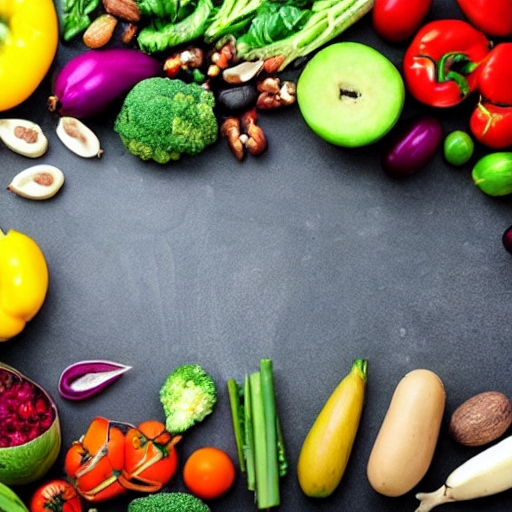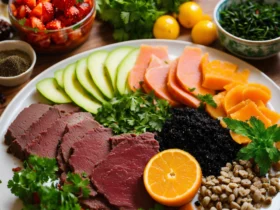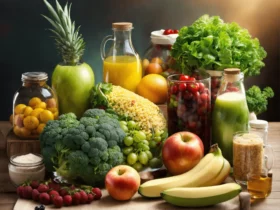Vegetarian and vegan diets are becoming increasingly popular, and for good reason. They are healthy, sustainable, and can provide a wide variety of nutrients. However, it is important to understand the basics of vegetarian and vegan nutrition in order to get the most out of your diet.
First, it is important to understand the difference between vegetarian and vegan diets. Vegetarians do not eat meat, poultry, or fish, but may consume dairy products and eggs. Vegans, on the other hand, do not consume any animal products, including dairy and eggs.
When it comes to nutrition, both vegetarian and vegan diets can provide a wide variety of nutrients. However, it is important to ensure that you are getting enough of certain nutrients that may be lacking in a vegetarian or vegan diet. These include protein, iron, calcium, vitamin B12, and omega-3 fatty acids.
Protein is an important nutrient for everyone, and vegetarians and vegans can get it from plant-based sources such as beans, nuts, and whole grains. It is important to include a variety of these foods in your diet in order to get all the essential amino acids.
Iron is another important nutrient that vegetarians and vegans may be lacking in their diets. Plant-based sources of iron include legumes, nuts, seeds, and dark leafy greens. It is important to note that the body absorbs iron from plant sources less efficiently than from animal sources, so it is important to include foods that are high in vitamin C, such as citrus fruits, in order to increase absorption.
Calcium is an important nutrient for bone health, and vegetarians and vegans can get it from plant-based sources such as dark leafy greens, tofu, and fortified plant-based milks.
Vitamin B12 is an important nutrient for energy production and red blood cell formation, and it is only found in animal products. Therefore, it is important for vegetarians and vegans to include fortified foods in their diets, such as fortified plant-based milks and breakfast cereals.
Omega-3 fatty acids are important for brain health and can be found in plant-based sources such as flaxseeds, chia seeds, and walnuts.
In conclusion, vegetarian and vegan diets can provide a wide variety of nutrients. However, it is important to ensure that you are getting enough of certain nutrients that may be lacking in a vegetarian or vegan diet, such as protein, iron, calcium, vitamin B12, and omega-3 fatty acids. By including a variety of plant-based foods in your diet and including fortified foods, you can ensure that you are getting all the nutrients you need.








